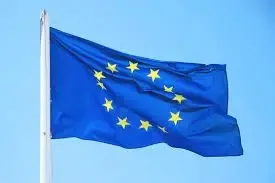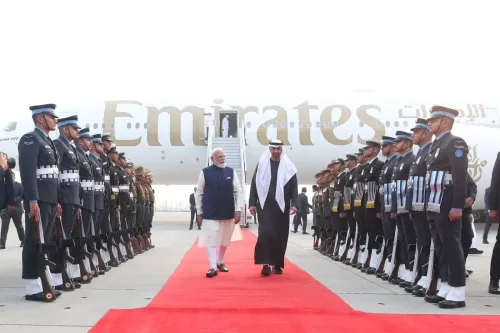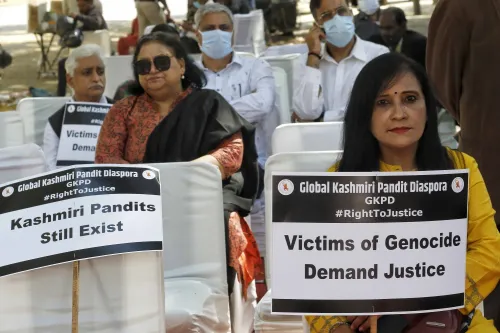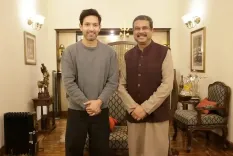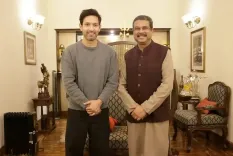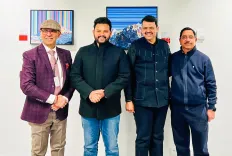The 61st Munich Security Conference Ends Amidst Tensions in Transatlantic Relations
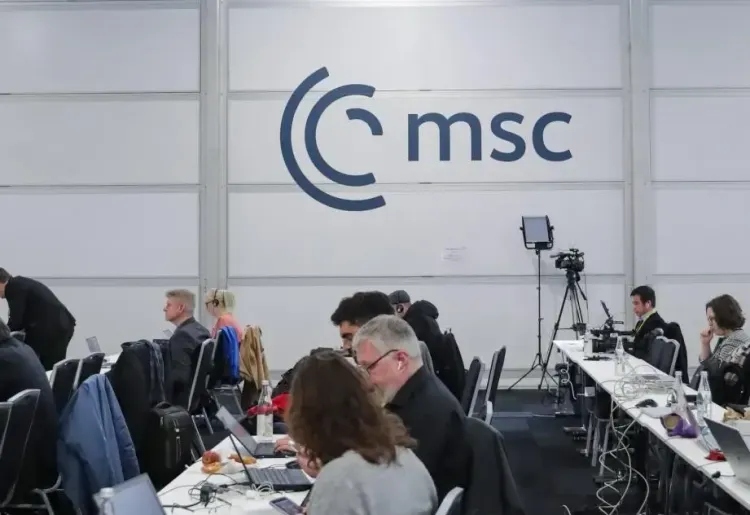
Synopsis
Key Takeaways
- Strained transatlantic relations highlighted.
- Vance's controversial speech sparked backlash.
- Discussions on climate change and security challenges.
- Divisions on Ukraine conflict and European defense.
- Importance of the Global South emphasized.
Munich, Feb 17 (NationPress) The 61st Munich Security Conference (MSC) wrapped up amidst strained transatlantic relations. Christoph Heusgen, the MSC chairman, commented on Sunday, "We must be concerned that our shared value foundation is becoming less shared." This statement highlighted the widening gap between Europe and the US as he concluded the three-day annual gathering.
In response to the controversial address by US Vice President J.D. Vance at the MSC, Heusgen expressed his appreciation for the European leaders who had "voiced their opinions and reaffirmed the values and principles they champion."
This year's conference saw participation from approximately 60 heads of state and government along with 150 ministers, who engaged in discussions about vital global security challenges including climate change, European security, and various regional conflicts, as reported by the Xinhua news agency.
However, divisions remained on topics such as the Ukraine conflict and European defense, set against a backdrop of an increasingly intricate geopolitical scenario.
A defining moment of this year's MSC was Vance's remarks regarding Europe's democracy and free speech, which triggered significant backlash and highlighted the divide between the US and its transatlantic partners, according to Xiao Qian, deputy head of the Centre for International Security and Strategy at Tsinghua University.
Heusgen stressed the critical importance of mutual norms and principles in a multipolar world. "This order is fragile and can be easily disrupted, but much more challenging to restore," he remarked.
Notably, Heusgen concluded by emphasizing the growing significance of the Global South, pointing out that over 30 percent of speakers at this year's conference hailed from Africa, Asia, and Latin America, ensuring their voices were included in discussions about the evolving multipolar order.


